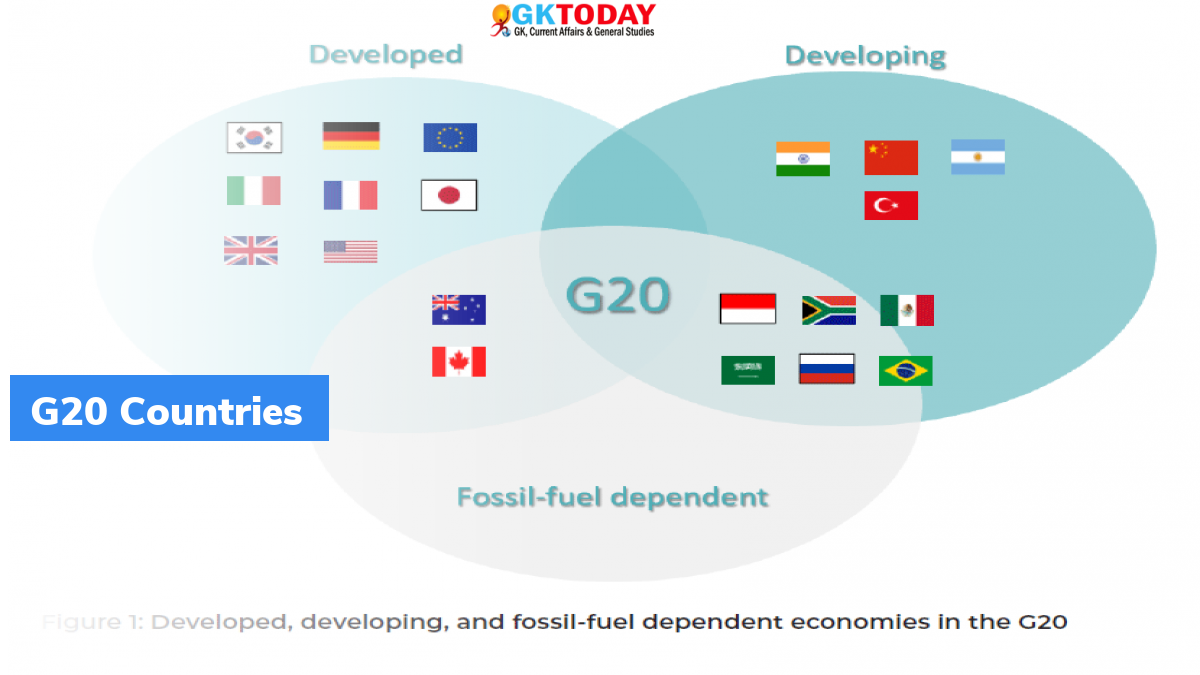G-20 Summit adopts Rome Declaration
Two-day G-20 Summit was concluded on October 31, 2021. During the summit, Rome Declaration was adopted.
Key Points
- Prime Minister Narendra Modi described the summit as fruitful
- During the summit, leaders elaborated deliberations on issues of global importance like fighting covid-19 pandemic, improving health infrastructure, strengthening economic cooperation and furthering innovation.
- They also adopted the ‘Rome Declaration’ and under the health section communique gives a very strong message. Countries agreed on the fact that, Covid-19 immunisation is a global public good.
- During the summit, countries also agreed that the World Health Organisation (WHO) will be strengthened to fast-track the process for emergency use authorisation of Covid-19 vaccines.
- Main focus of the session was on energy and climate.
- Several developing countries called for safeguarding the interest of developing world.
Rome Declaration
The Rome Declaration consists of 16 mutually agreed principles, which aims to guide joint action for preventing future health crises and to build a safer, equitable and sustainable world. 16 principles are as follows:
- Supporting and enhancing the existing multilateral health architecture for detection, response, prevention and preparedness.
- Working towards monitoring & implementation of multi-sectoral, evidence-based One Health approach in a bid to address risks emerging due to interface between human, animal & environment.
- Fostering all-of-society and health-in-all policies.
- Promotion of multilateral trading system
- Enabling equitable, affordable and global access to high-quality, safe & effective health systems.
- Supporting low and middle-income countries in a bid to build expertise, and develop local & regional manufacturing capacities.
- Focus on data sharing, capacity building, voluntary technology and licensing agreements.
- Enhancing support to existing preparedness and prevention structures.
- Investing in worldwide health & care workforce
- Investing in adequate resources, training, and staffing of diagnostic public & animal health laboratories.
- Investments for developing and improving inter-operable early warning surveillance, information, and trigger systems
- Investments in domestic, international & multilateral cooperation for the purpose of research, development & innovation
- Increasing effectiveness of preparedness & response measures by extending support and promoting meaningful & inclusive dialogue
- Ensuring effectiveness of financing mechanisms
- Coordination on pharmaceutical and non-pharmaceutical measures and emergency response with respect to sustainable and equitable recovery
- Addressing the need of streamlined, enhanced, sustainable and predictable mechanisms for financing pandemic preparedness, prevention, detection and response in long term.
Month: Current Affairs - November, 2021


